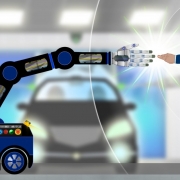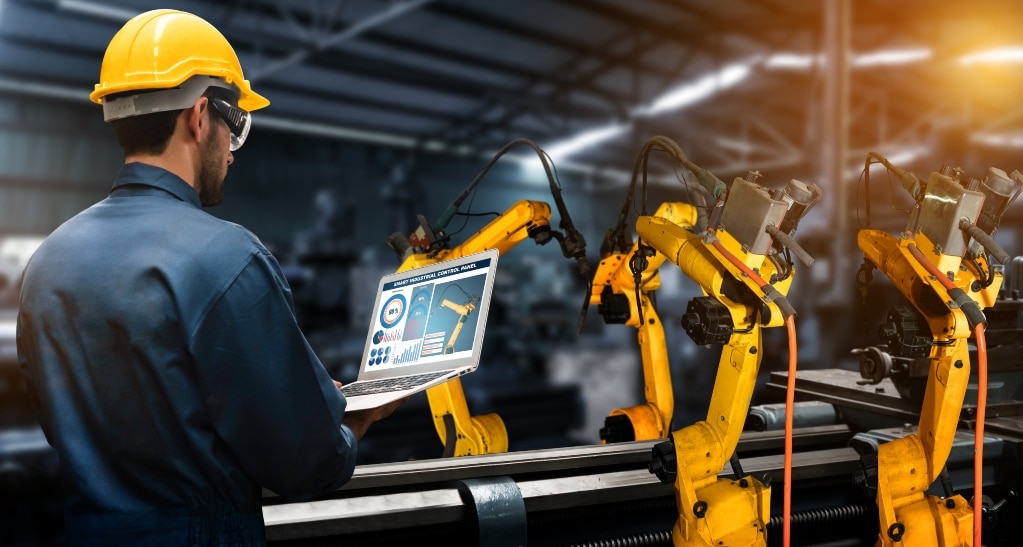The importance of digitization in logistics
How digitization is changing the logistics industry With automation services, the logistics industry is changing rapidly. With the digital transformation underway in the logistics industry, logistics companies are embracing digitization to be more agile, faster and more efficient. In addition to this, they have found ways to use the latest technologies to meet customer needs more effectively and efficiently than ever. The use of a combination of sensors, robotics, IoT and data analytics will end up completely revolutionizing the operations of the company.
Benefits of digital transformation in logistics
Logistics can be a complex industry with many mitigation systems. For example, it often relies heavily on truckers driving too many hours a day. Sometimes the rules are skipped in order to meet their deadlines. The ongoing digital transformation in logistics helps alleviate some of the pressure placed on the industry by the rapid growth of e-commerce. Thus, the industry is going to experience an influx of autonomous trucks. Over time, truck drivers will be aided by autonomous driving technologies. Once the technology has been perfected, it will be safer as humans are prone to making mistakes. The benefits are significant and will lead to a safer, more reliable and more efficient logistics industry.
Examples of digital transformation in logistics
There are many cases of digital transformation in logistics. As an example, Amazon recently patented an autonomous blimp that will launch the company’s delivery drones. Although it hasn’t gotten here yet, it’s one of the many ways the industry is evolving thanks to digital transformation.How to prepare for digital transformation in logistics
The best way to prepare for digital transformation in logistics is by adopting the latest technologies. Whether it’s robotic loaders, advanced parcel tracking, or autonomous trucks, logistics companies need to be prepared for the upcoming changes. Making small adjustments now can help a business prepare for the future.Challenges of digital transformation
The transition from one process to another is a challenge for all the elements involved. As companies continue to evolve to keep up with today’s society, the challenges become more apparent. The challenges vary from company to company and worker to worker. Digital transformation doesn’t have to be a challenge. It only needs to be implemented saving the problems and efficiently. Three ways to improve digital logistics processes- Unify formats
- Take advantage of digital platforms
- Provide a quality service









